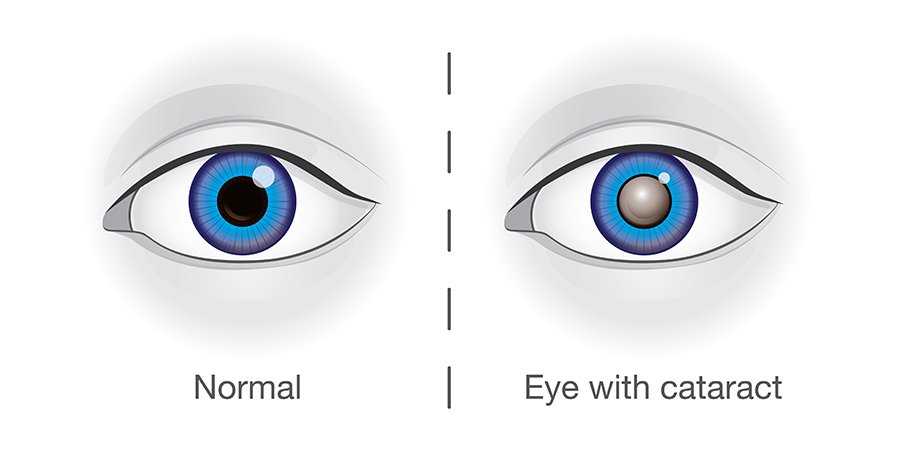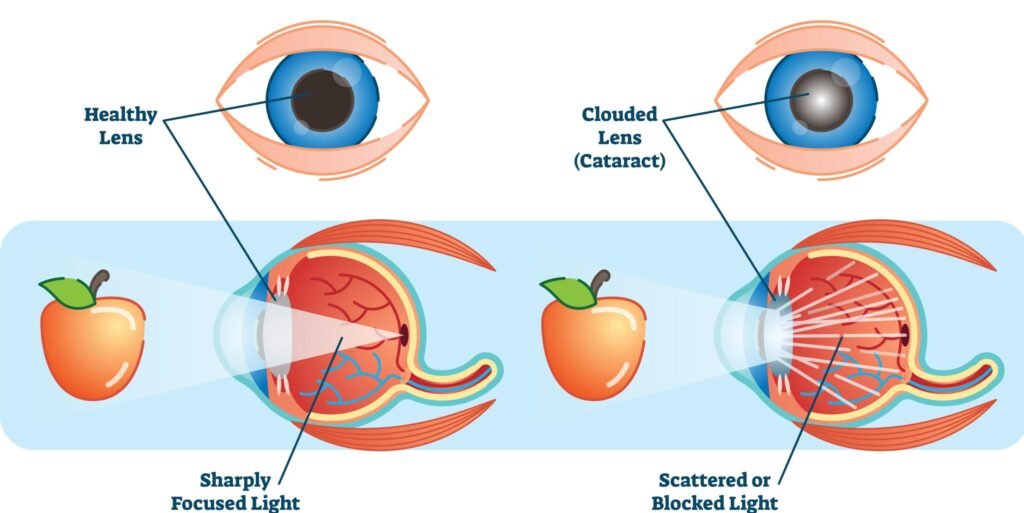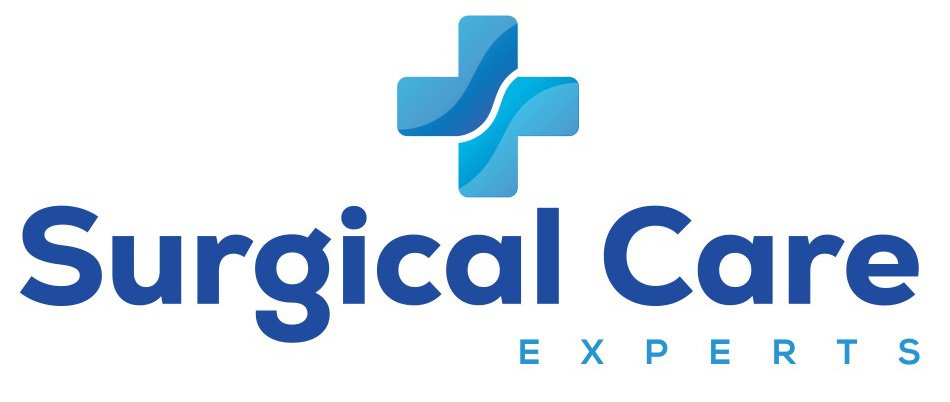About Cataract Surgery.
Cataract Treatment
Cataracts are a common eye condition that causes clouding of the natural lens, leading to blurry vision, faded colors, and difficulty seeing at night. The only effective treatment for cataracts is surgery.

How Cataracts Are Diagnosed
During a comprehensive eye exam, your ophthalmologist will use specialized equipment to examine your eyes and assess the severity of your cataracts. This may include a dilated eye exam and various vision tests.
Advantages of End-to-End Cataract Surgery with Surgical Care Experts
- Experienced Team: Our team of qualified ophthalmologists and caring staff are dedicated to your well-being.
- Personalized Care: We tailor the surgery and recovery plan to your individual needs and preferences.
- Advanced Technology: We utilize cutting-edge technology for precise and efficient cataract surgery.
- Stress-Free Experience: We handle all aspects of your surgery, from pre-operative consultations to post-operative care.
Symptoms of Cataracts
- Blurry vision
- Clouded or hazy vision
- Increased sensitivity to light and glare
- Difficulty seeing at night
- Frequent need for stronger eyeglasses

Causes of Cataracts
- Age: Cataracts are most common in people over 50.
- Family history: Having a family member with cataracts increases your risk.
- Medical conditions: Diabetes, high blood pressure, and certain medications can increase your risk.
- Lifestyle factors: Smoking, excessive sun exposure, and obesity can contribute to cataracts.
When to See a Doctor
If you experience any of the symptoms listed above, schedule an appointment with your ophthalmologist to discuss cataract treatment options. Early diagnosis and treatment can help prevent further vision loss.
Risk Factors for Cataracts
- Age
- Family history
- Medical conditions (diabetes, high blood pressure)
- Medications (steroids)
- Lifestyle factors (smoking, sun exposure, obesity)

Complications of Cataract Surgery
Cataract surgery is a safe and effective procedure, but as with any surgery, there are potential complications. These are rare but include infection, bleeding, and retinal detachment. Your ophthalmologist will discuss these risks with you in detail before your surgery.
Prevention of Cataracts
While there is no guaranteed way to prevent cataracts, there are steps you can take to reduce your risk:
- Maintain a healthy lifestyle: Eat a balanced diet, exercise regularly, and maintain a healthy weight.
- Limit smoking and alcohol consumption.
- Protect your eyes from UV rays: Wear sunglasses that block UVA and UVB rays.
- Get regular eye exams: Early detection and treatment of eye conditions can help delay the development of cataracts.
Patient Testimonials
Wearing glasses for decades was annoying. After cataract surgery with implanted lenses, I can see perfectly near and far without them! It's such a relief not to have to worry about glasses anymore.

I was nervous about cataract surgery, but the doctor explained everything clearly and put me at ease. The procedure itself was quick and painless. The recovery was a breeze, and I noticed a difference in my vision almost immediately.

My vision didn't become perfect overnight after cataract surgery, but it improved gradually over a few weeks. Now, my vision is sharper and brighter than it's been in years. It's a truly remarkable procedure.

Previous
Next
FAQ's
Most patients experience little to no pain during or after cataract surgery.
The surgery itself is typically a quick outpatient procedure, lasting around 15-30 minutes.
Most patients experience a significant improvement in vision within a few days. Full recovery can take several weeks.
There are various IOL options available, each with its own benefits. Your ophthalmologist will discuss the best option for you.
Depending on the type of IOL implanted, you may need glasses for reading or distance vision.
The cost of cataract surgery can vary depending on factors like your location, insurance coverage, and the type of IOL used.
By providing clear and informative content, Surgical Care Experts aims to empower patients with the knowledge they need to make informed decisions about their cataract treatment.


